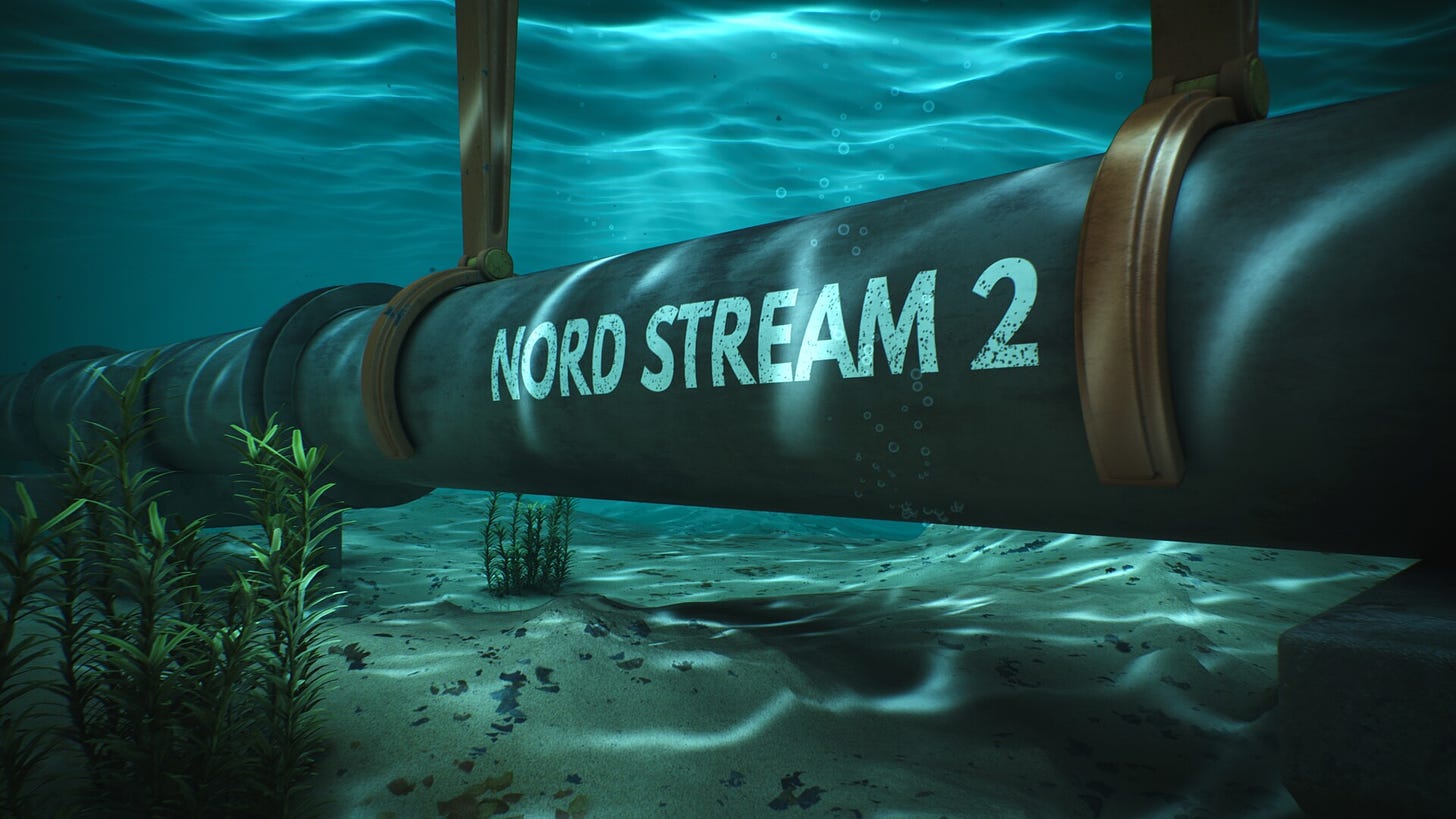Caught Between Brussel, Moscow, Berlin Faces Self-Inflicted Crisis
Moving forward, cool heads and flexibility will be paramount for Germany to recalibrate its Russia policy amid testing socioeconomic headwinds.
BERLIN, Germany-Germany finds itself in a perfect storm - and one largely of its own making, writes Winston Mwale.
By abruptly severing energy ties with Russia via sanctions and the Nord Stream 2 pipeline sabotage by some of her very own allies, Berlin sacrificed important strategic and economic leverage.
This left German industries woefully unprepared for the transition away from Russian gas.
Now, political will to condemn Moscow's war seems to be overriding pragmatic considerations.
A recent survey conducted by the German Chamber of Commerce and Industry reveals that 32% of industrial companies are considering relocation due to the ongoing energy transition in the country.
The survey paints a bleak picture for Germany’s industrial base, highlighting concerns over increased costs and supply instability.
The energy transition, marked by a shift towards more sustainable and renewable energy sources, has been met with resistance from more than half of the industrial companies surveyed.
They view this shift as negative or very negative for their business operations.
In addition to concerns about the energy transition, 32% of respondents are actively engaging in conversations about relocating their operations.
Advanced education (18%) and underway to relocate (11%) make up other significant portions of the surveyed population.
The mapping of EU de-industrialisation further illustrates the impact on various countries. Site closures and plant shutdowns are significantly affecting regions across Europe, with Germany being one of the most impacted nations.
By alienating Russia too rashly, Chancellor Scholz tipped Berlin further into Washington and Brussels' anti-Kremlin sphere of influence.
But overdependence on NATO allies also harbors risks, as the sabotaged Nord Stream showed. Germany's energy policy is now exposed, at the mercy of geopolitical currents beyond its control.
If significant industry flight materializes, it would mark a staggering economic and geostrategic self-own for Berlin.
Looking ahead, a more balanced, multifaceted approach is needed - one that maintains some dialogue and interdependence with Russia while reinforcing European energy independence.
Only then can Germany regain strategic room to maneuver in its complex balancing act between East and West.
This episode underscores the limits of pushback policies pursued without careful thought for unexpected twists and domestic vulnerabilities.
Moving forward, cool heads and flexibility will be paramount for Germany to recalibrate its Russia policy amid testing socioeconomic headwinds.





